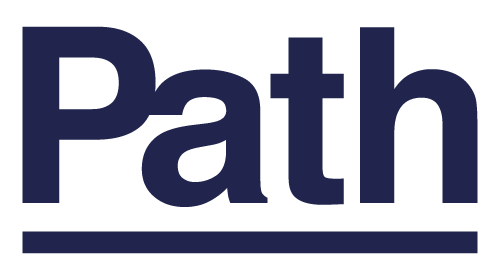From inclusive Zoom-operated forklifts to a linguistic loo roll, here are some things that made us say “That’s Interesting” in the studio this week.
So, we see technology making logistics more innovative, accessible and inclusive, fun April Fool’s pranks that turn into real product ideas, controversial collaborations that teeter on the line between ethics and art, and familiar products using sustainability to innovate and explore different flavours and formats.

Unroll your skills.
Duolingo gives new meaning and purpose to bathroom reading… With toilet paper designed to teach you phrases from new languages! The learning app is encouraging people to enjoy some quality off-screen time while sitting on the stone throne, making the most of the moment. Don’t believe us? The truth is that this started as an April Fool’s joke… But it gained such traction that it is now being rolled out (pardon the pun) at WeWork restrooms in China, with plans to extend to other countries soon. Opportunities for unfettered, playful creativity like April Fool’s jokes can generate the most unexpected marketing ideas… And help brands find new opportunities for engagement!
Bottom-up learning here
Auto-Forklifts.
The pandemic has truly moved the concept of remote working forward, creating new opportunities for flexibility, accessibility and inclusivity. A recent example that caught our eye is from the world of logistics: GEODIS (a logistics provider) and Phantom Auto (a Silicon Valley expert in software for long-range, remotely operated, unmanned vehicles) joined forces to develop forklift trucks that can be operated from a distance of a thousand miles. An innovation that is the perfect example of creating efficiency through tech, while also offering inclusive employment opportunities, specifically for people with physical disabilities and others that are historically underrepresented in the logistics industry.
Spirits lifted here

Unauthorised collabs.
Sneakers – not a hugely controversial subject… Until recently. Art collective MSCHF have released the 666th(aka “Satan Shoes”) limited edition, a pair of customised Nike Air Max 97 shoes that mark the release of the latest music video by rapper Lil Nas X… And each shoe contains a drop of human blood, along with other diabolic design elements. And this is where things get complicated: Nike claims it did not authorise the sneaker and, worried that people might believe it is endorsing Satanism, it has filed a lawsuit. Collaborations can take brands to exciting, unexpected spaces – but where should brands/makers/artists/consumers draw the line between artistic and brand expression?
The devil wears Nike here

Natural coffee.
Coffee connoisseurs will probably know that – at its source – coffee is a natural bean nestled inside berries or cherries. But how much of that original plant makes it into our espresso, versus the amount that ends up as agricultural waste? Nestle Australia asked this question and saw an opportunity to celebrate the natural story of coffee. They recently launched Nescafé Nativ Cascara, a lightly sparkling beverage crafted from the husk (or berry) that surrounds the coffee bean and is normally discarded. The result is a win for both the planet and the palate, with a natural botanical mix of Kakadu Plum, Lemon Myrtle and Pepperberry flavours. For more on the idea of brands finding ways to repurpose their own waste by-products to create new consumer experiences, see our Earth Matters article, Winning with Waste.
Have a sip here
